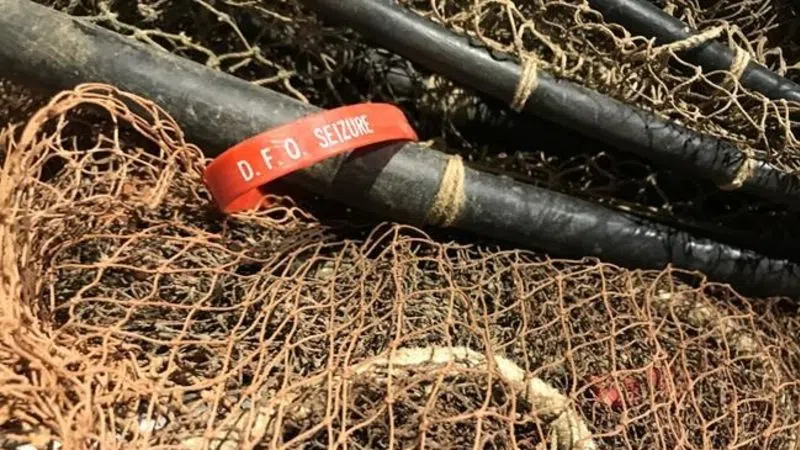
Return of Donald Marshall Jr.’s eel nets recall days of historic fishing decision
HALIFAX — The recovery of eel nets that helped recast Aboriginal rights to earn a living from fishing is bringing back powerful memories for those touched by their story.
Donald Marshall Jr. was charged with three counts of violating federal fisheries laws when he and his former partner Jane McMillan set the nets near Pomquet Harbour, N.S., in 1993.
The seizure — and the storage of the gear in an Antigonish fisheries office — took Marshall all the way to the Supreme Court of Canada, where a ruling upheld treaties from 1760 and 1761 that said Mi’kmaq can earn a moderate living from hunting and fishing.
However, Marshall died in 2009, at the age of 55, unaware the nets were still locked away.
